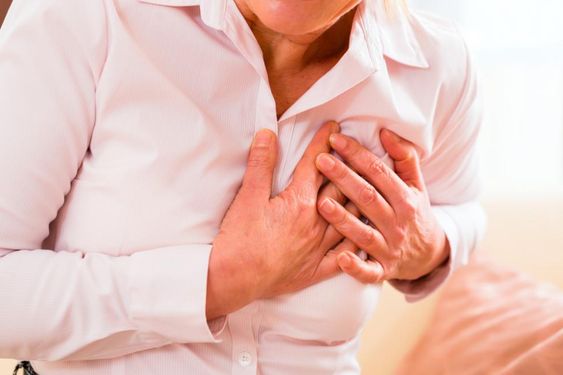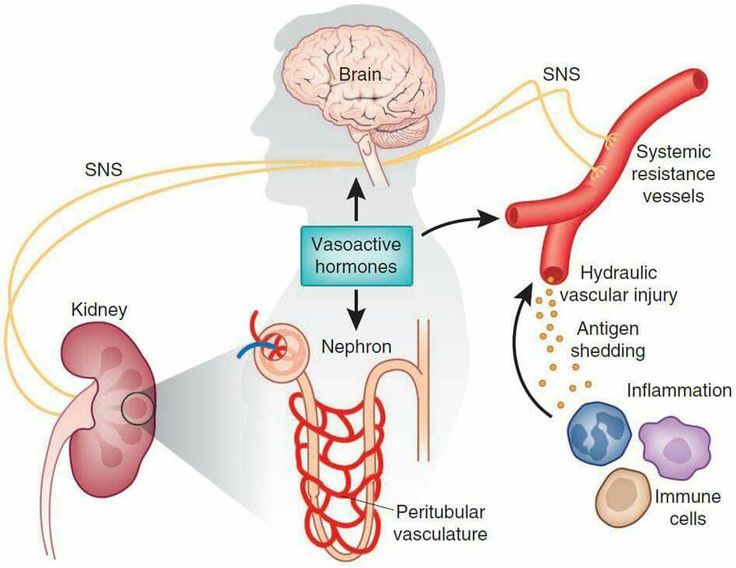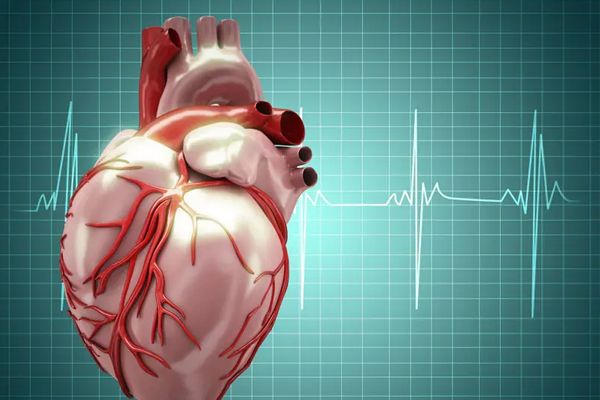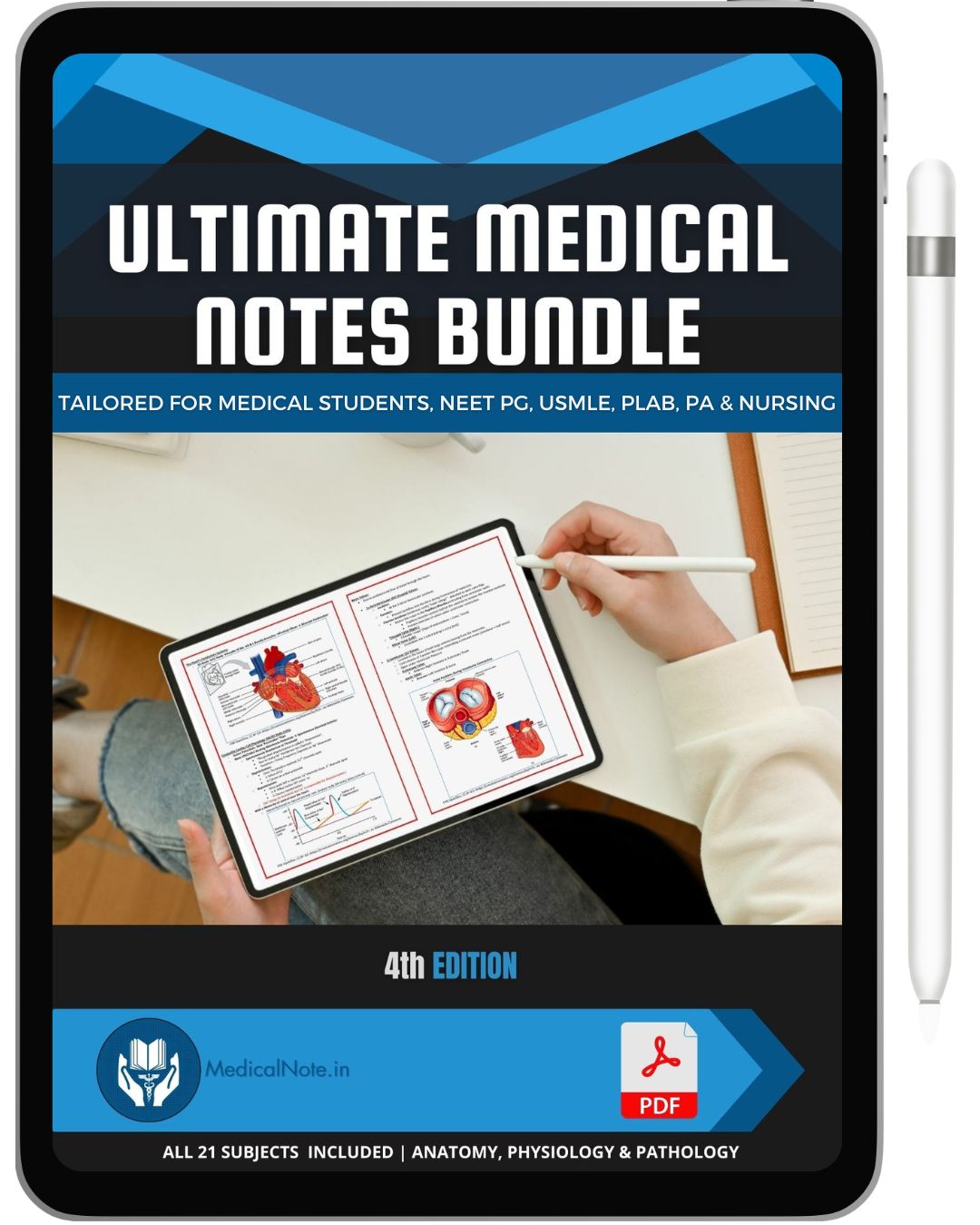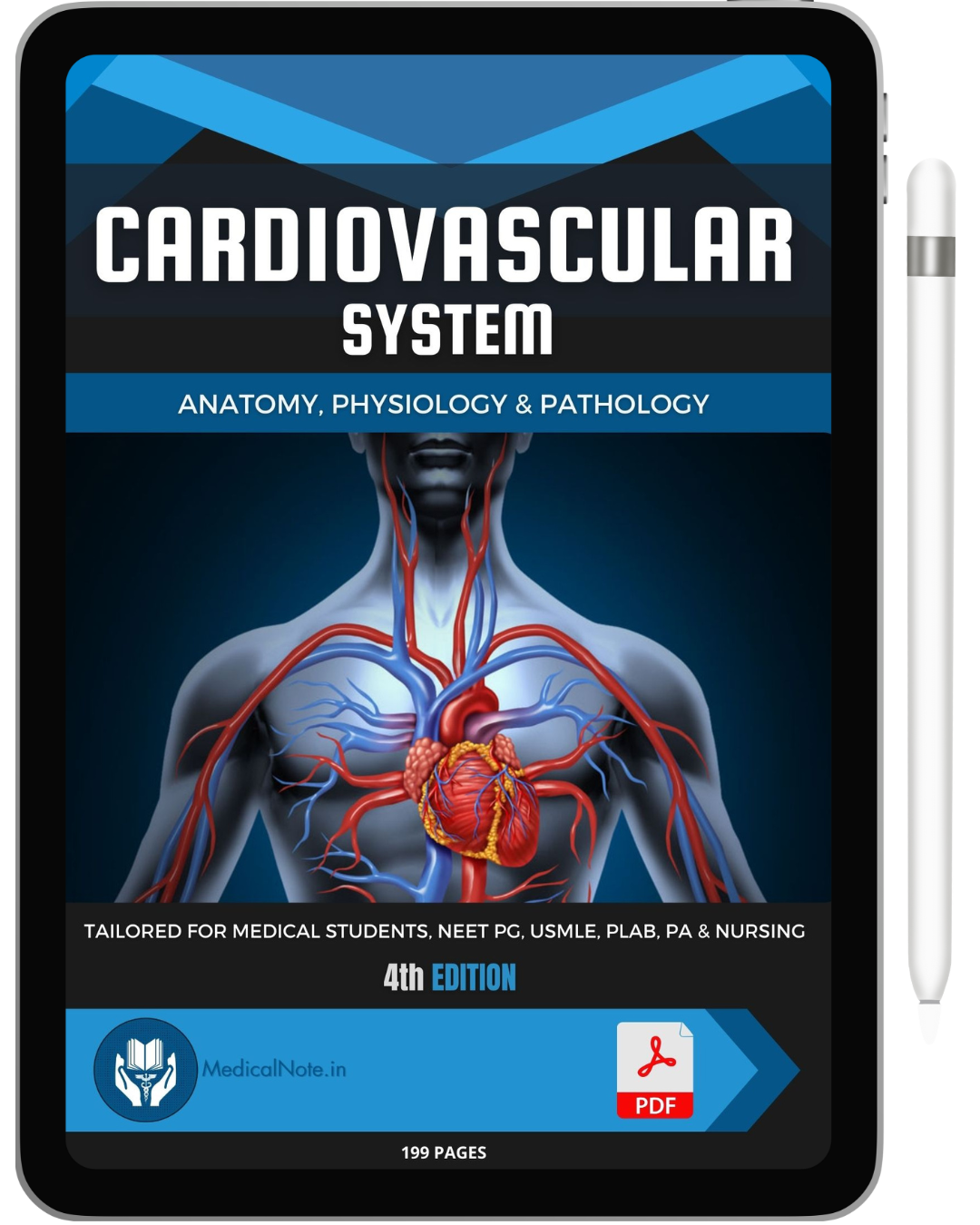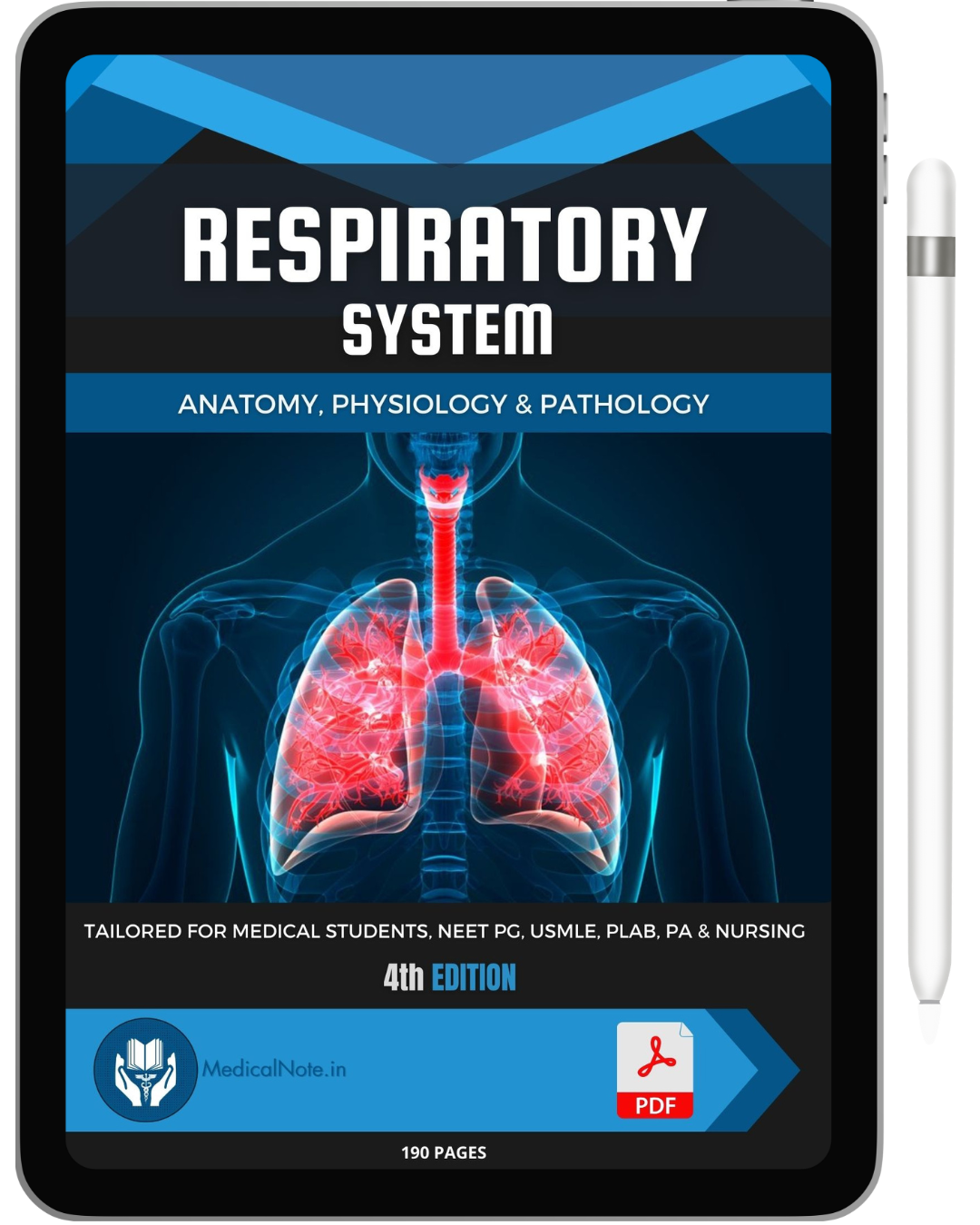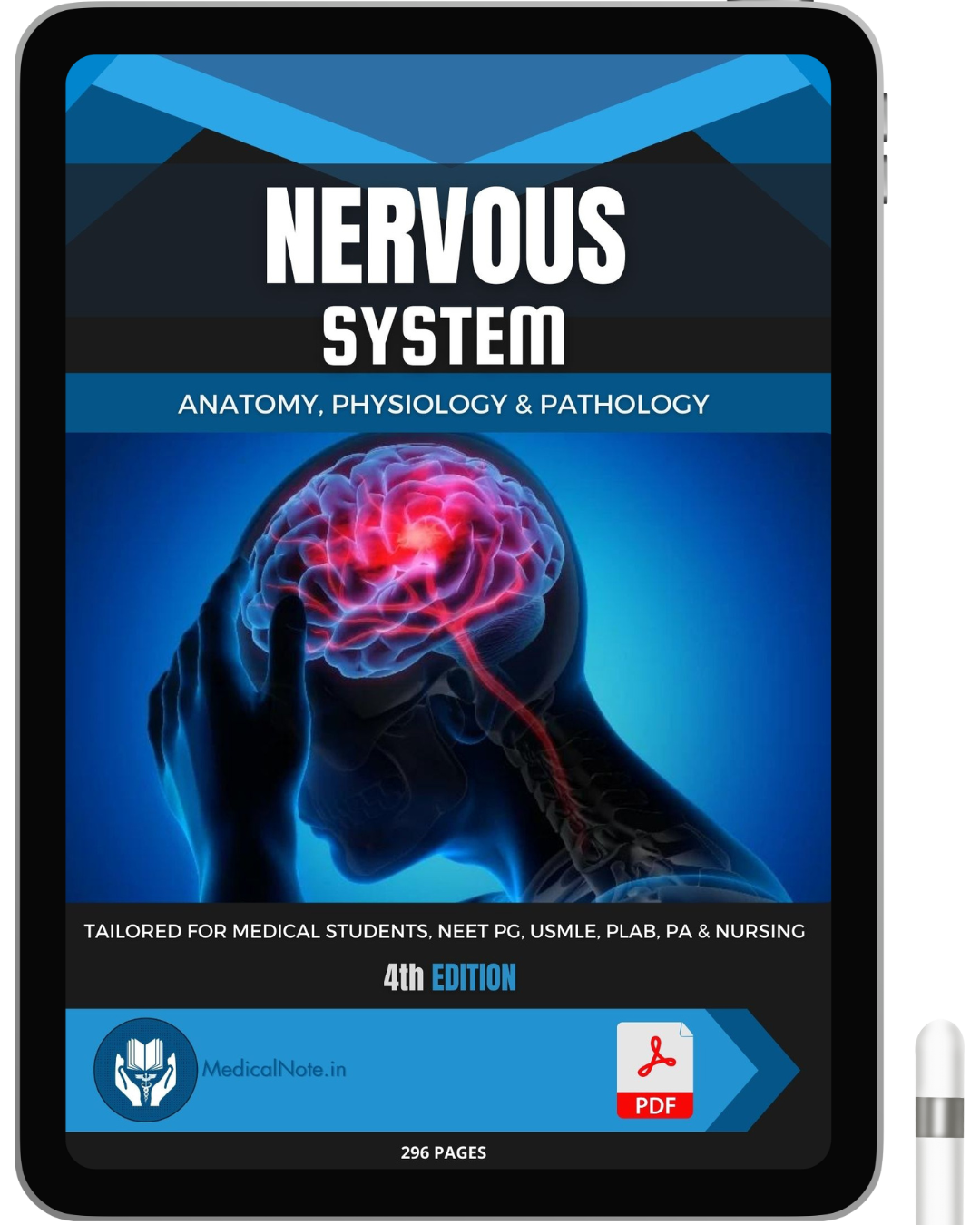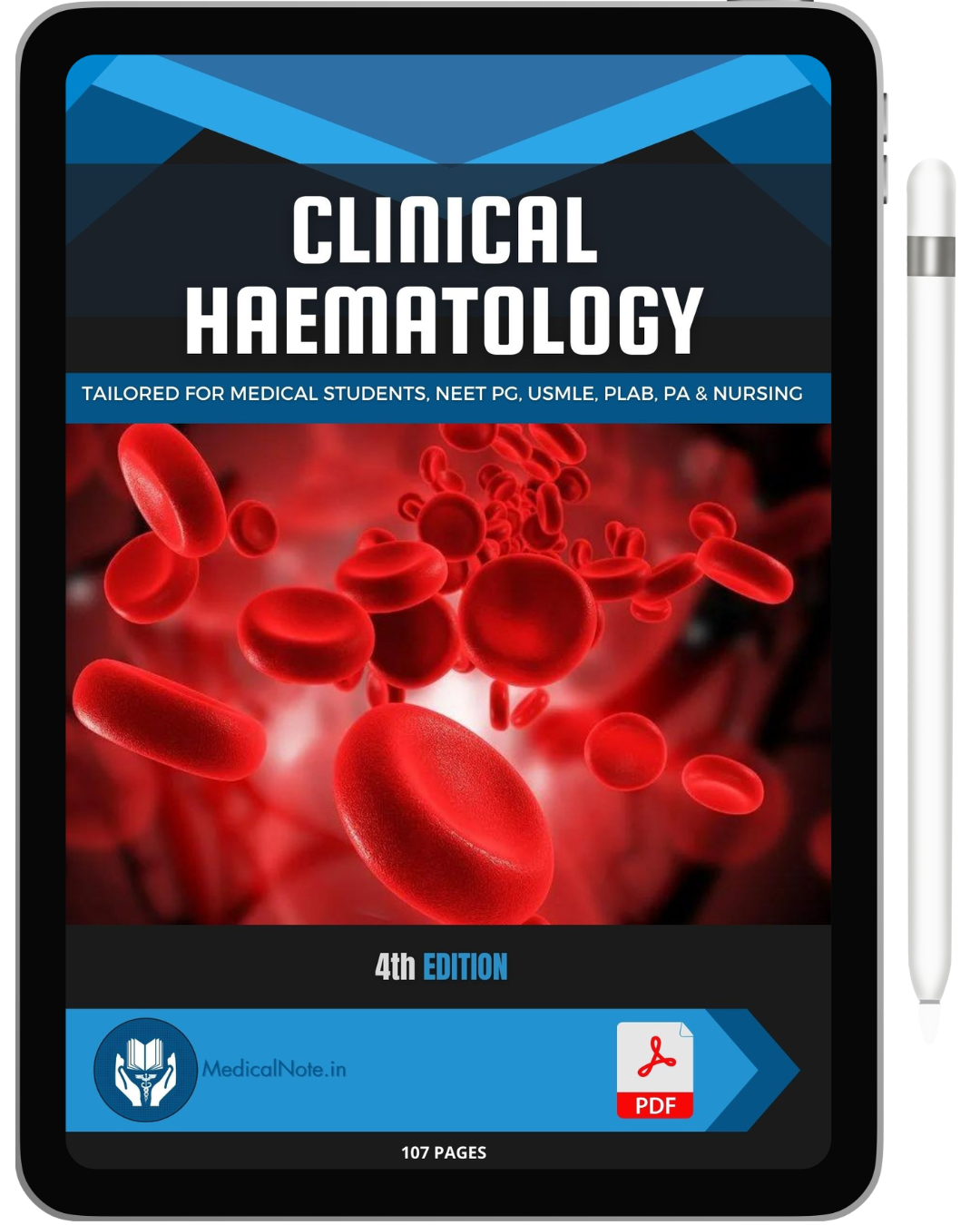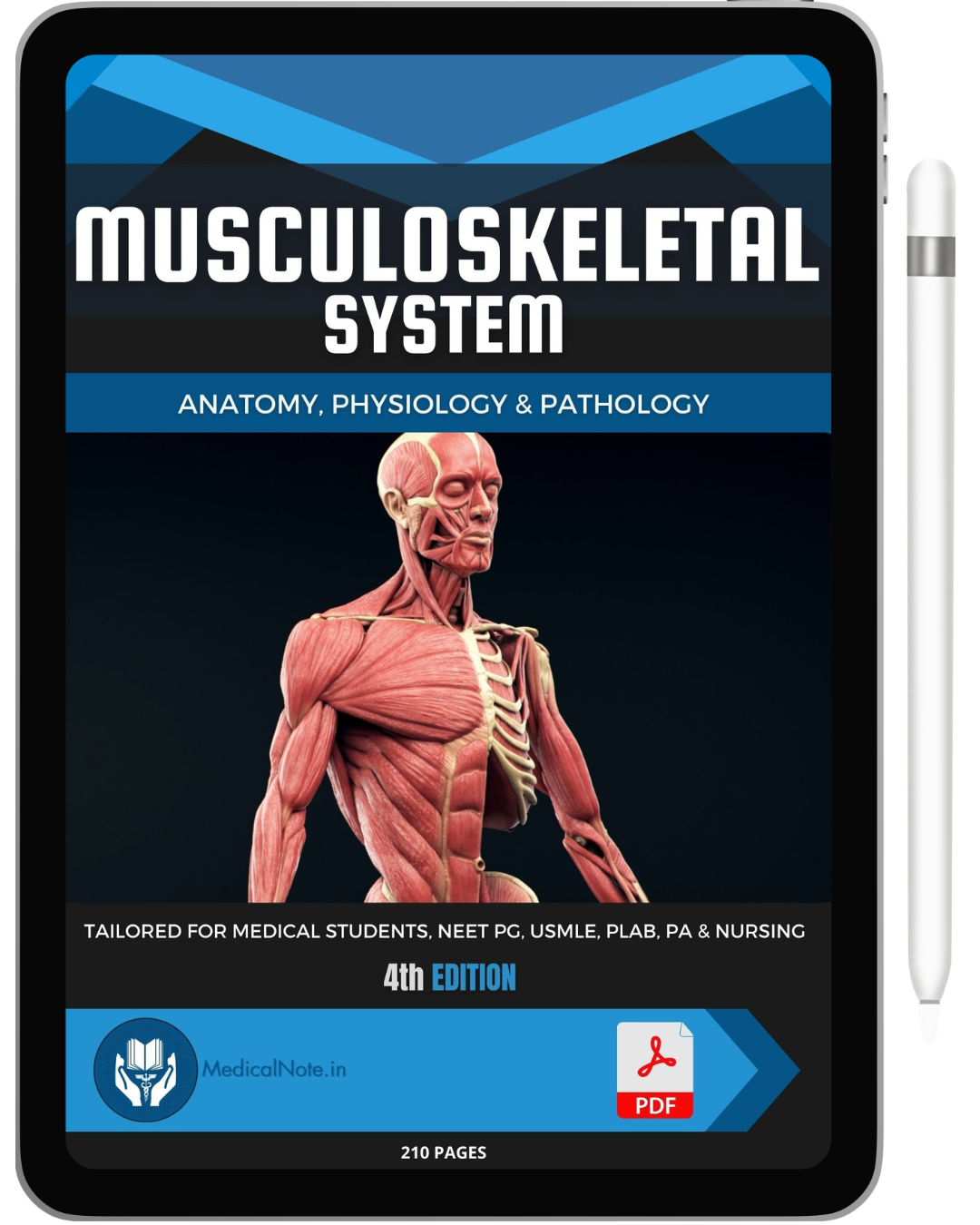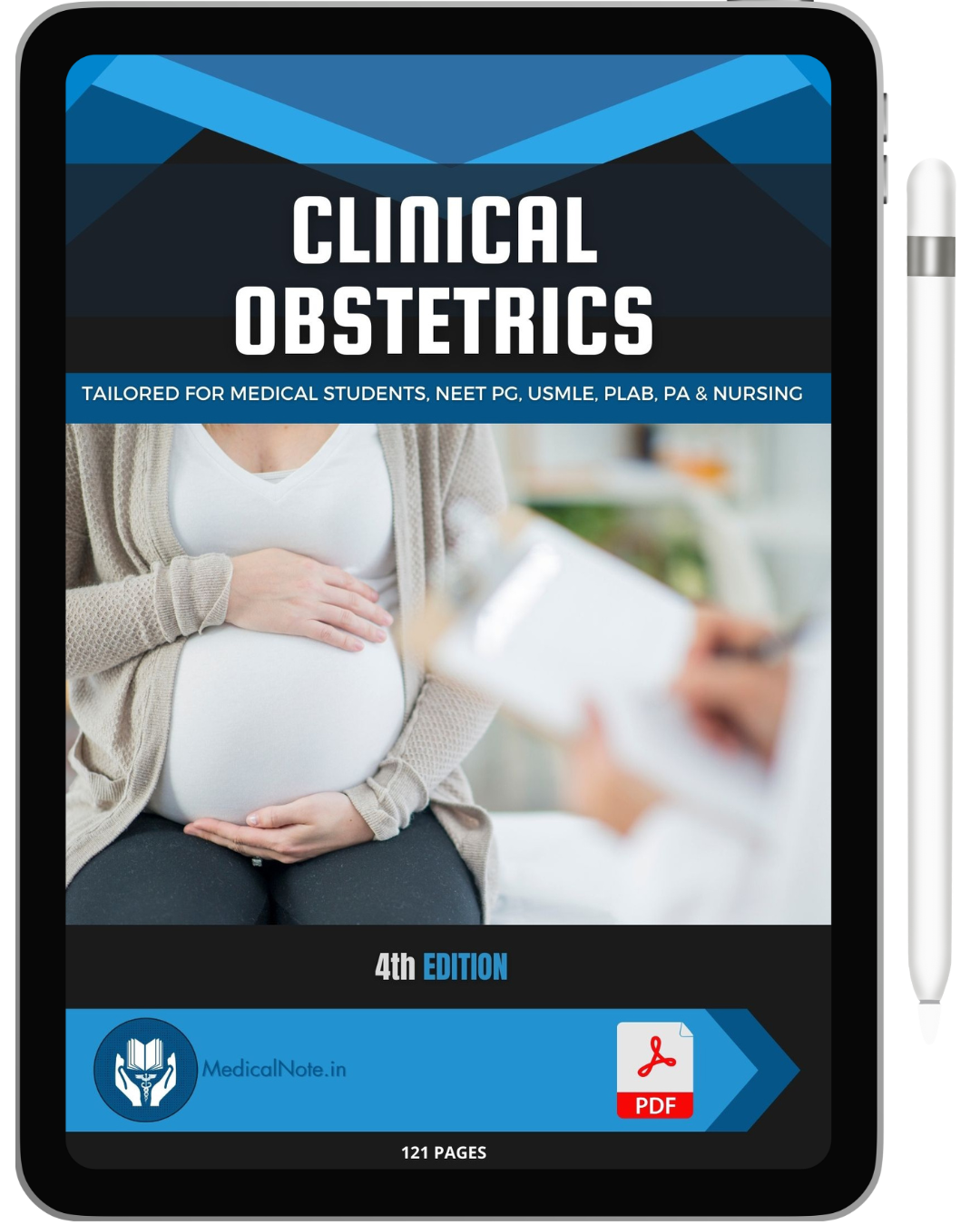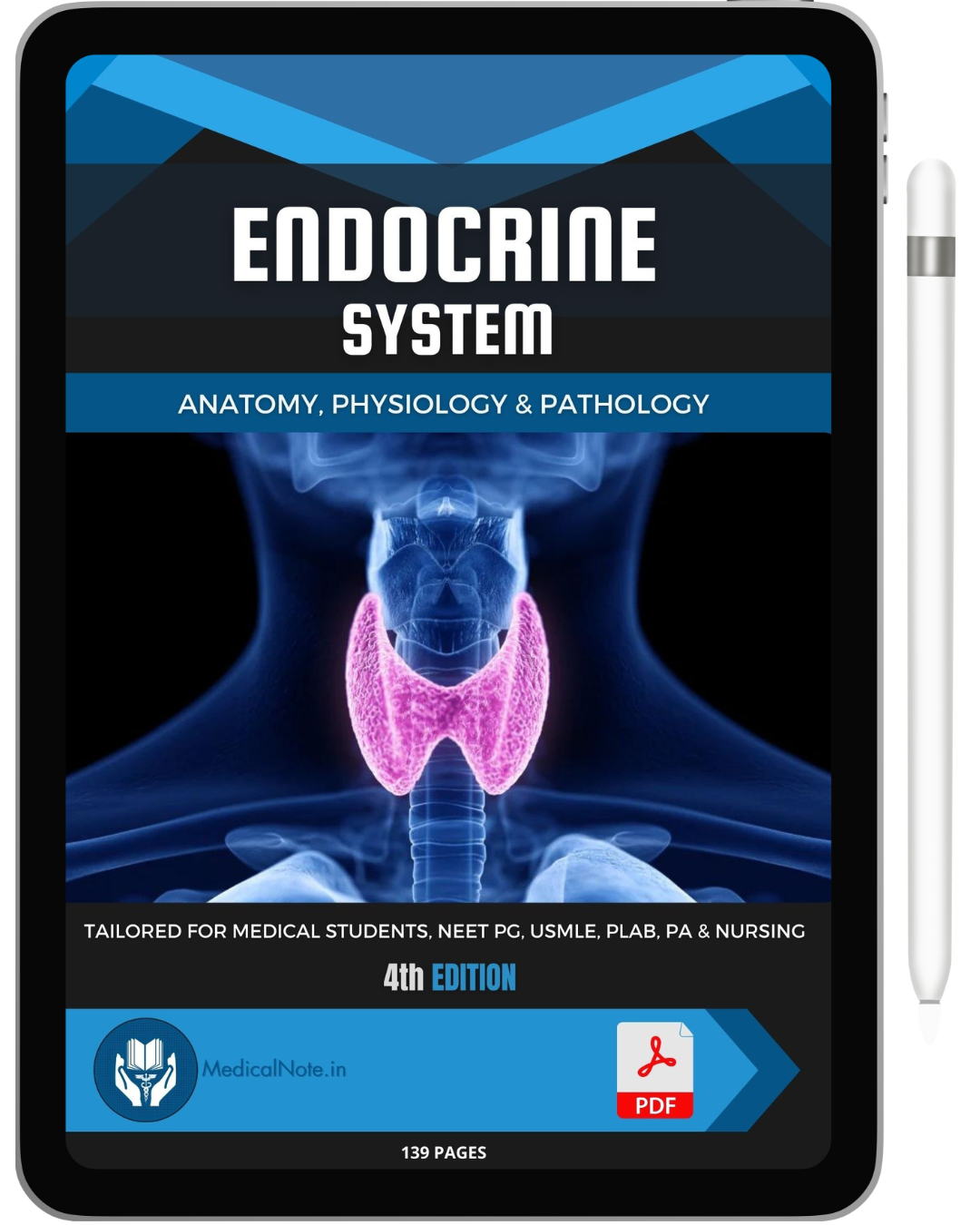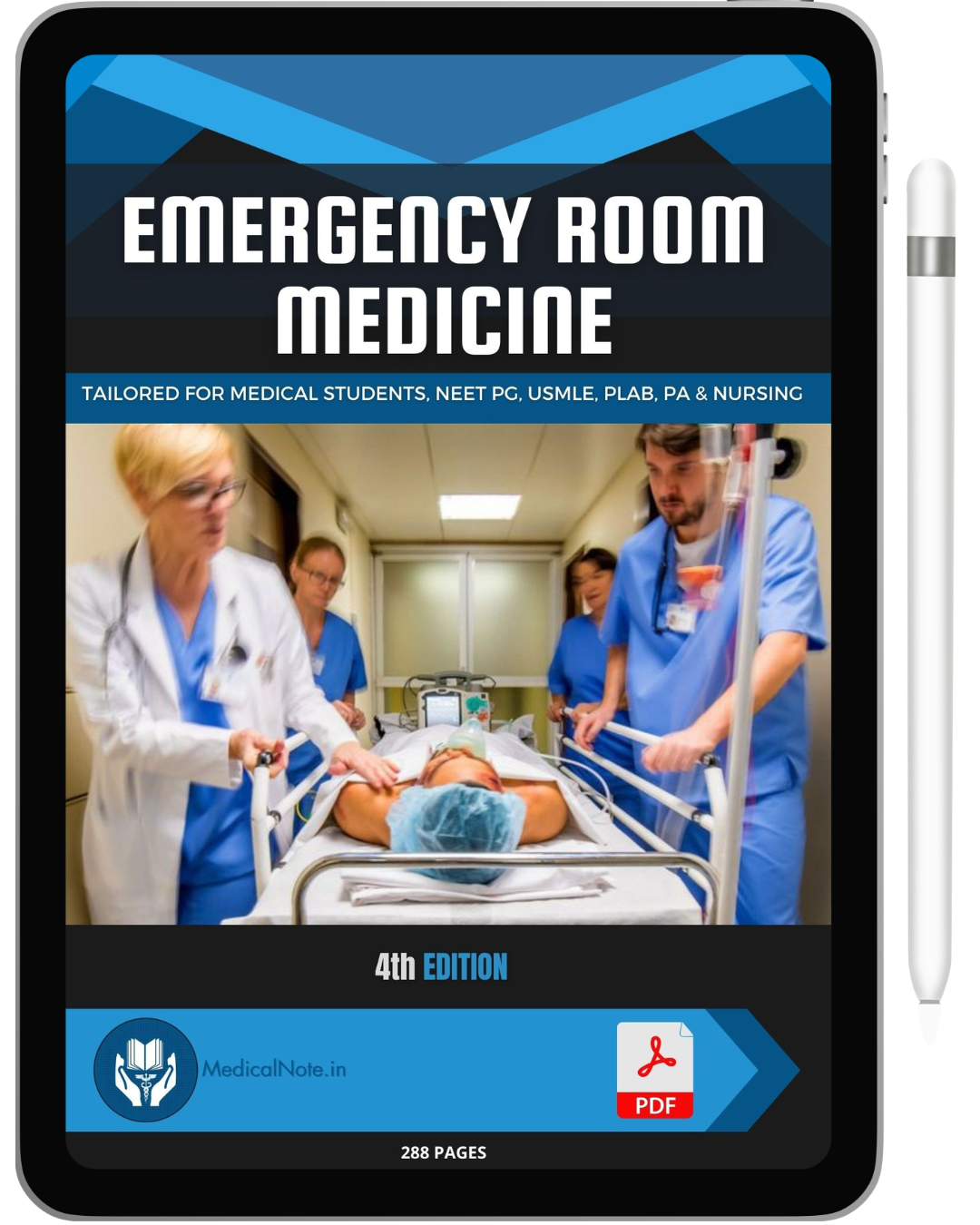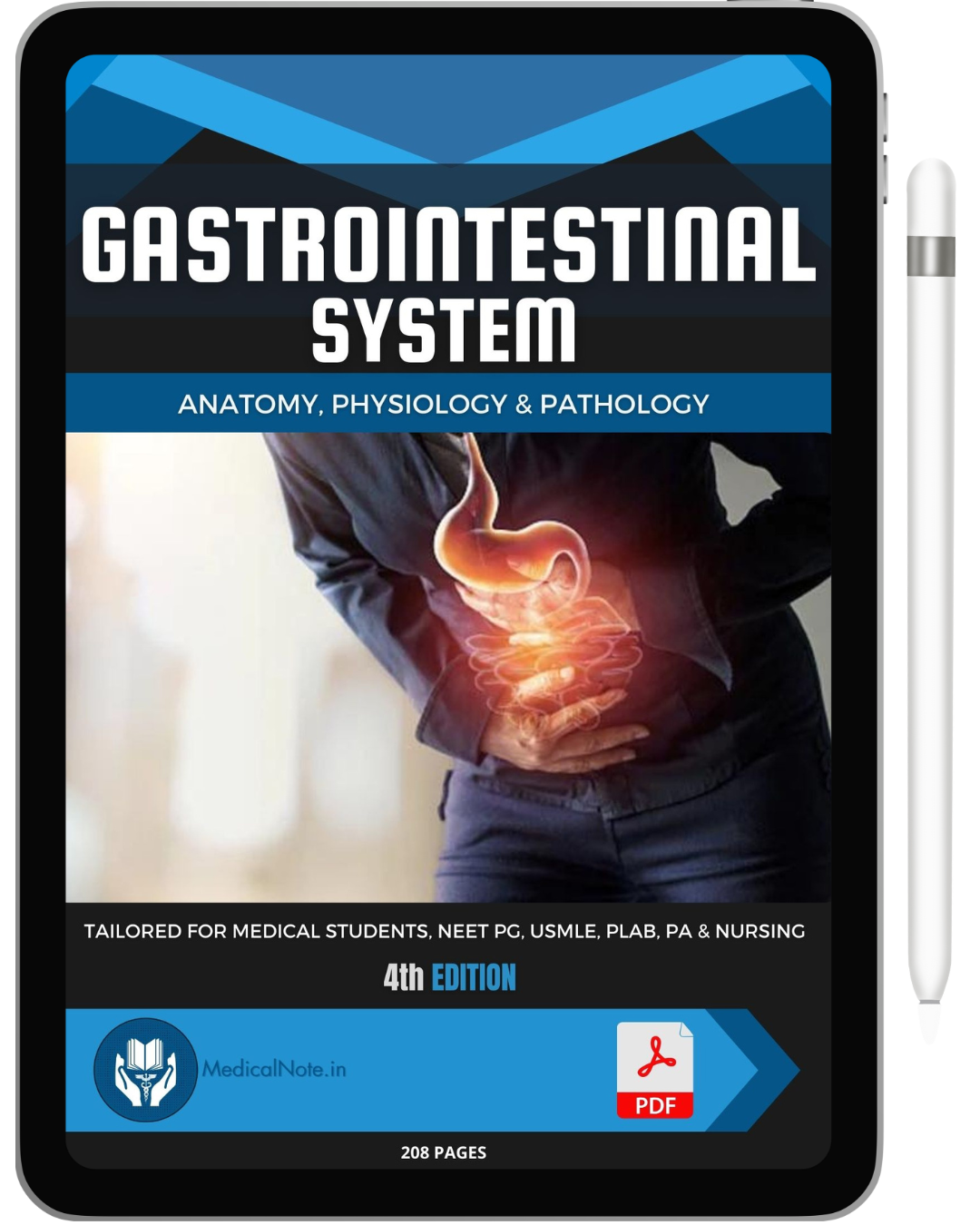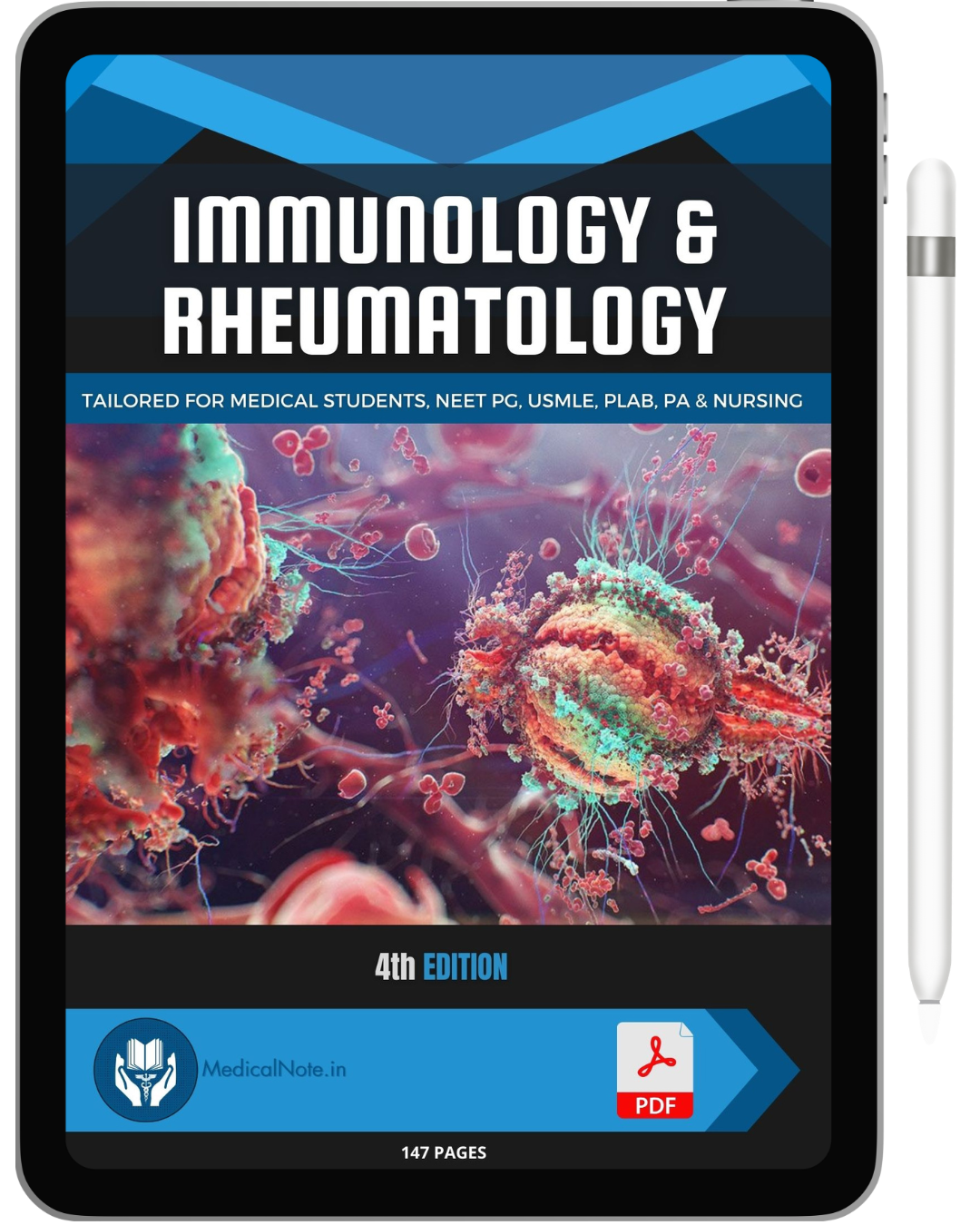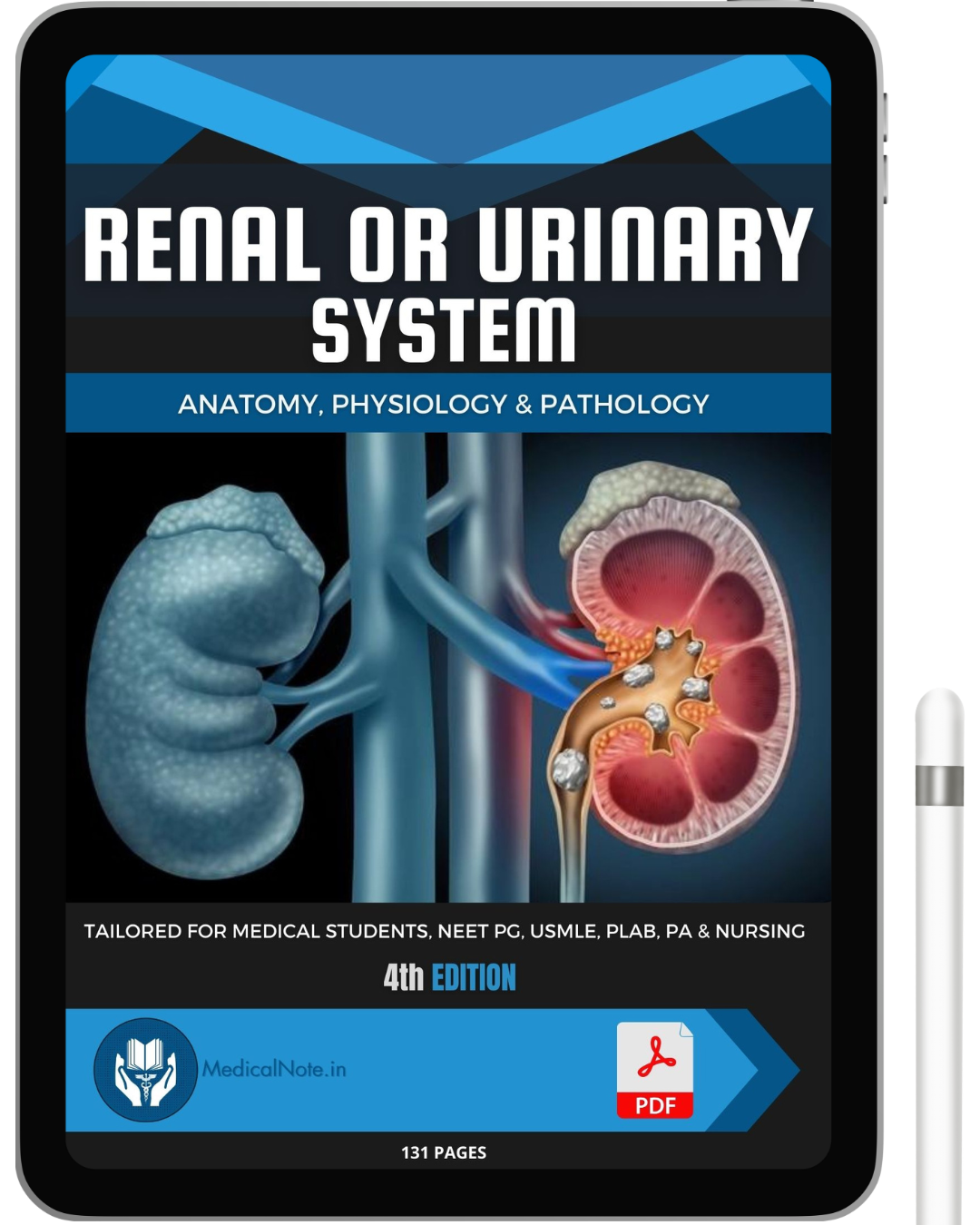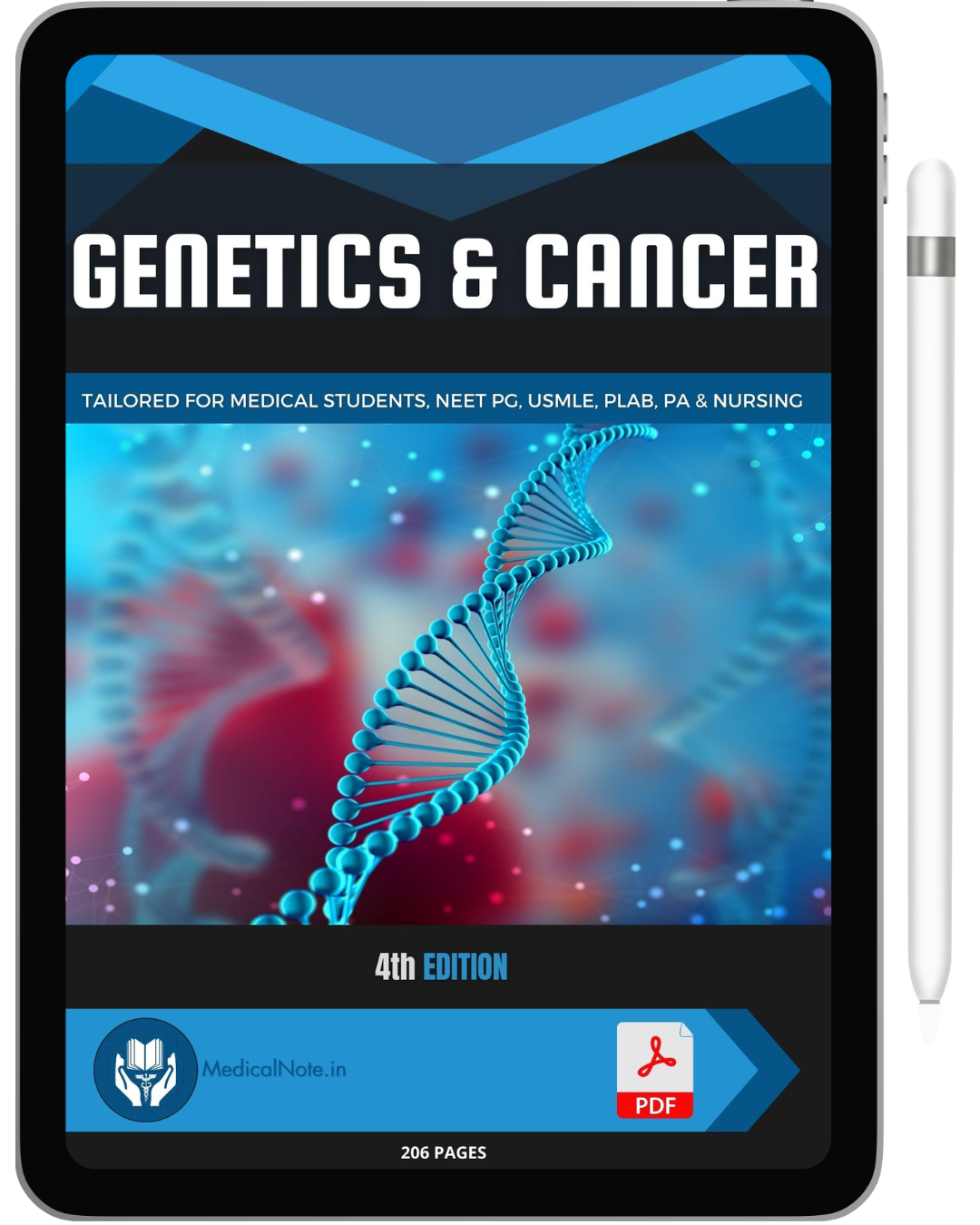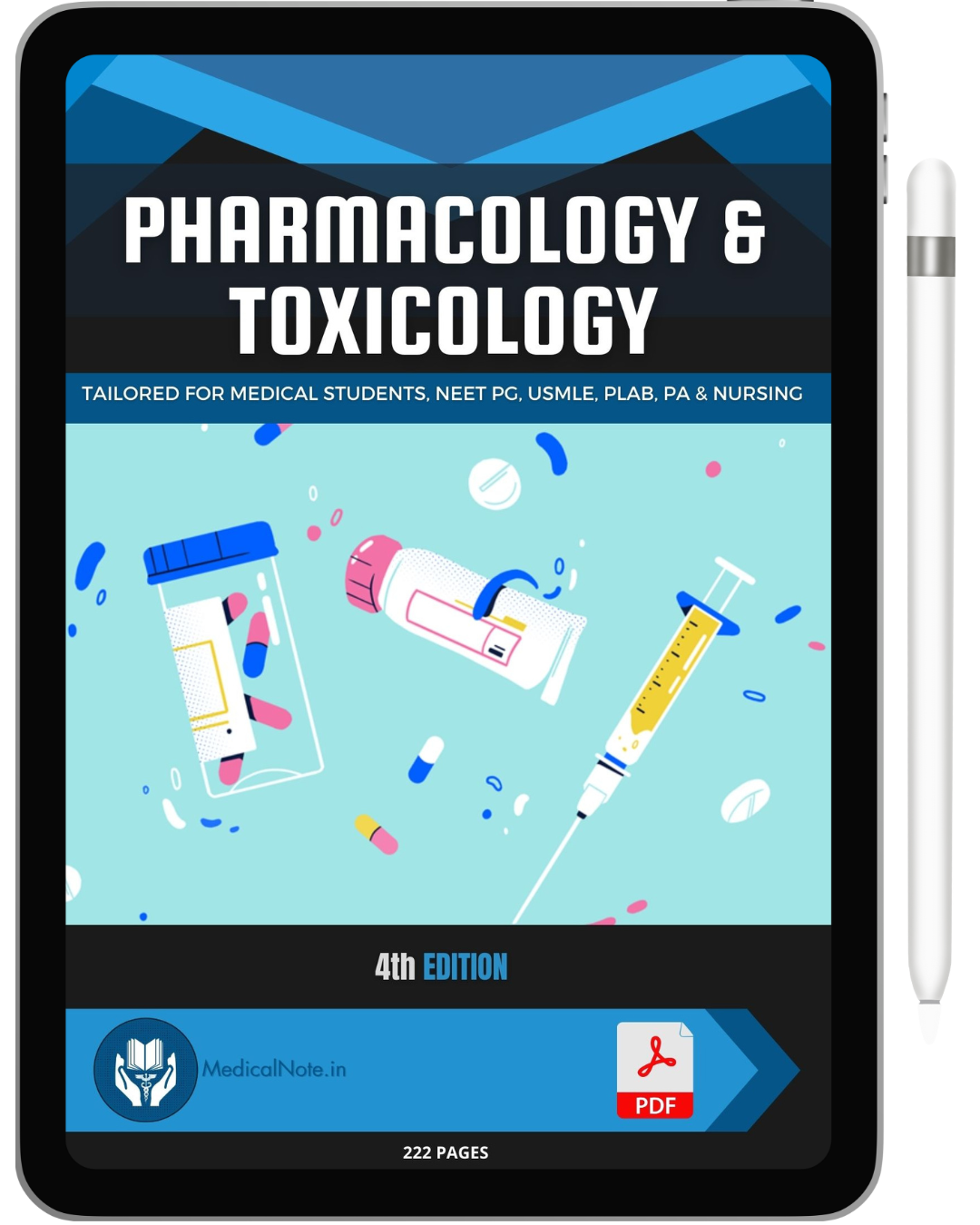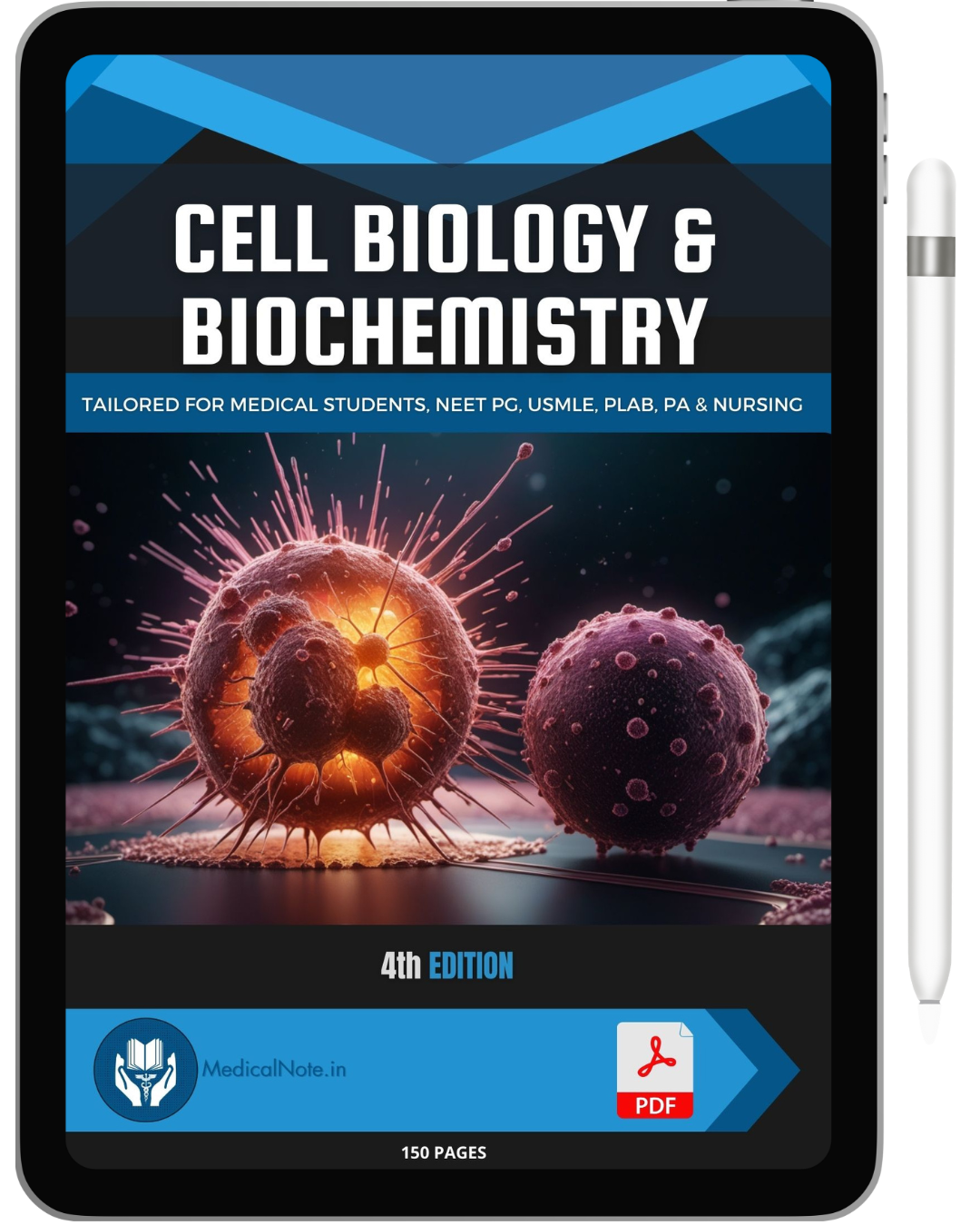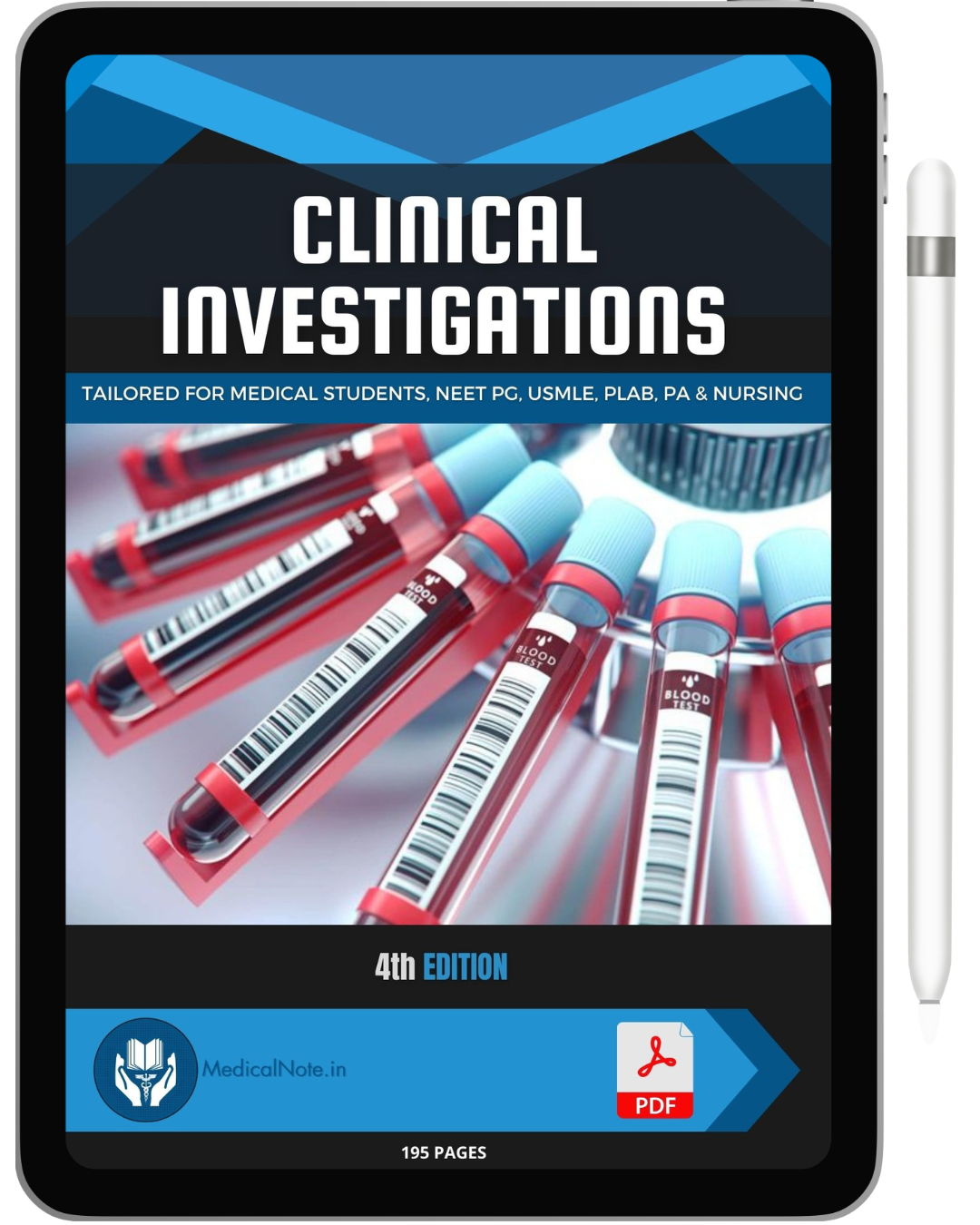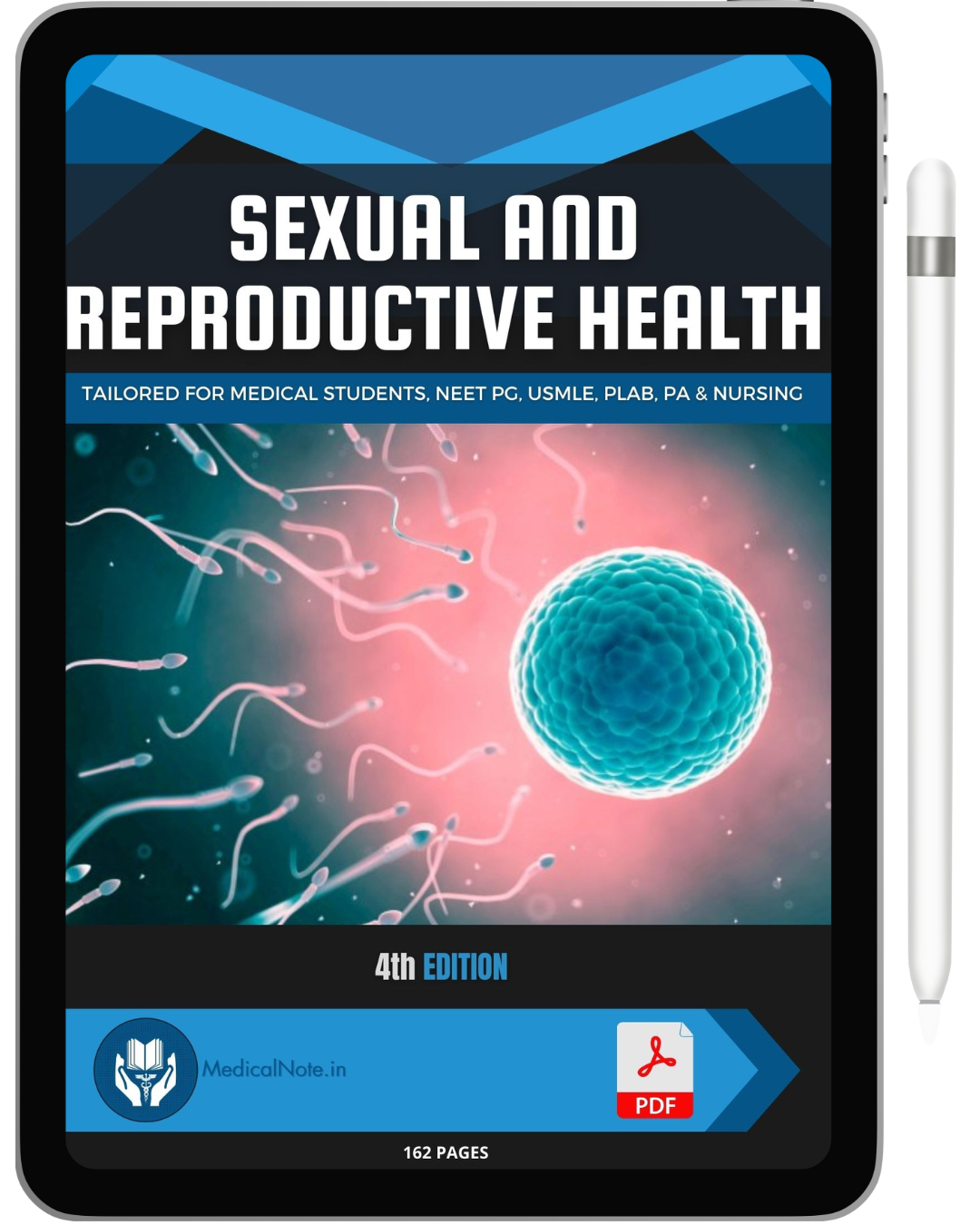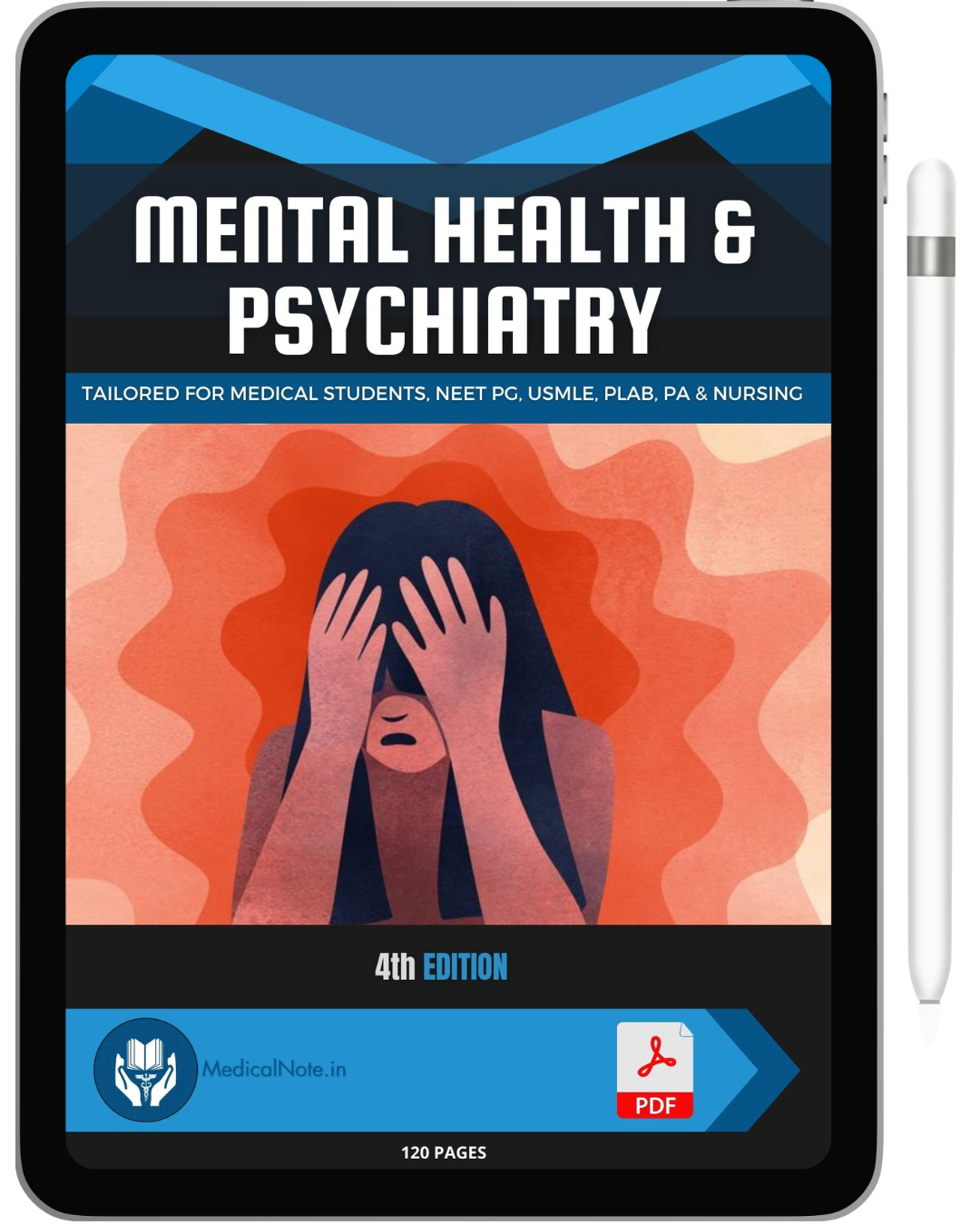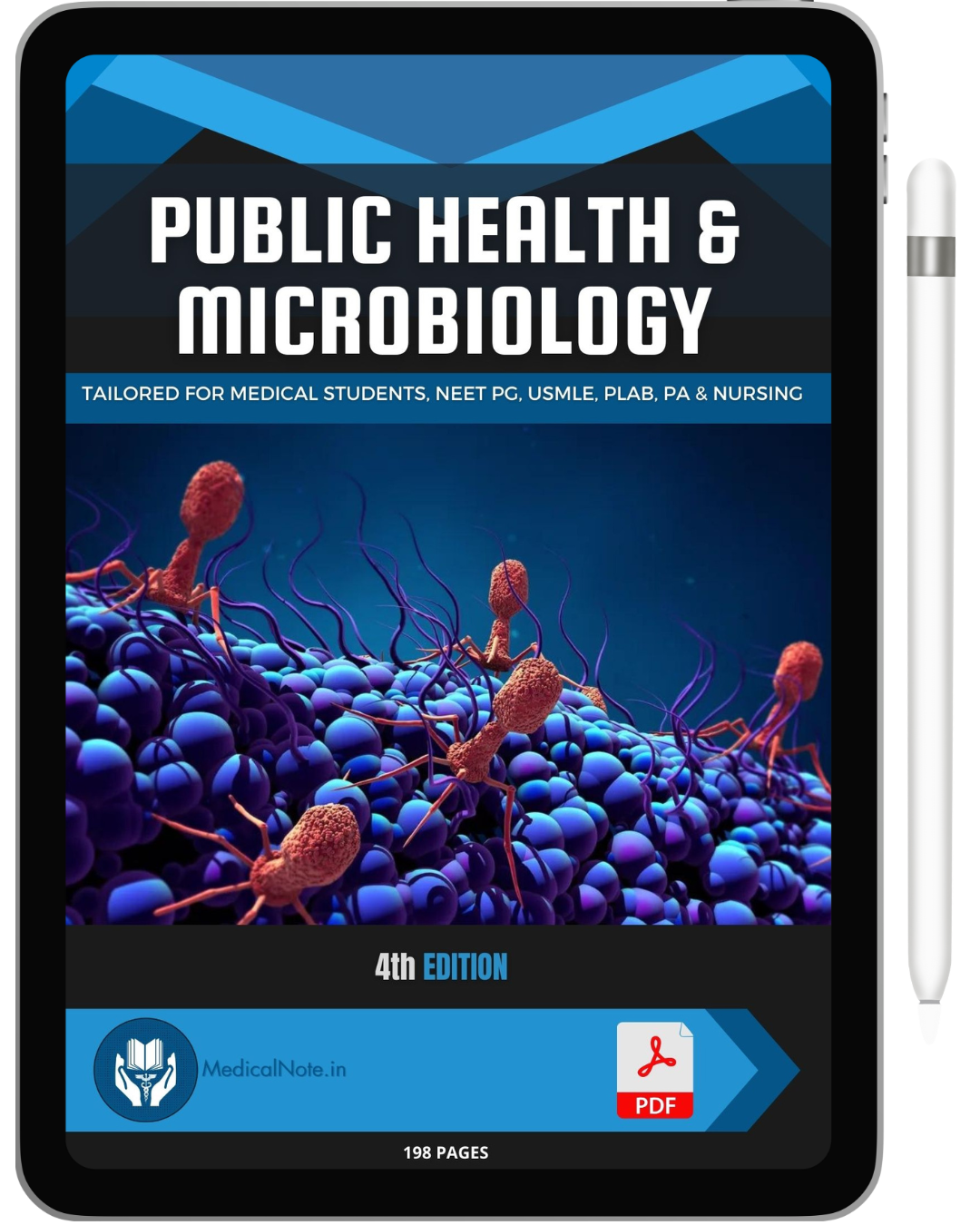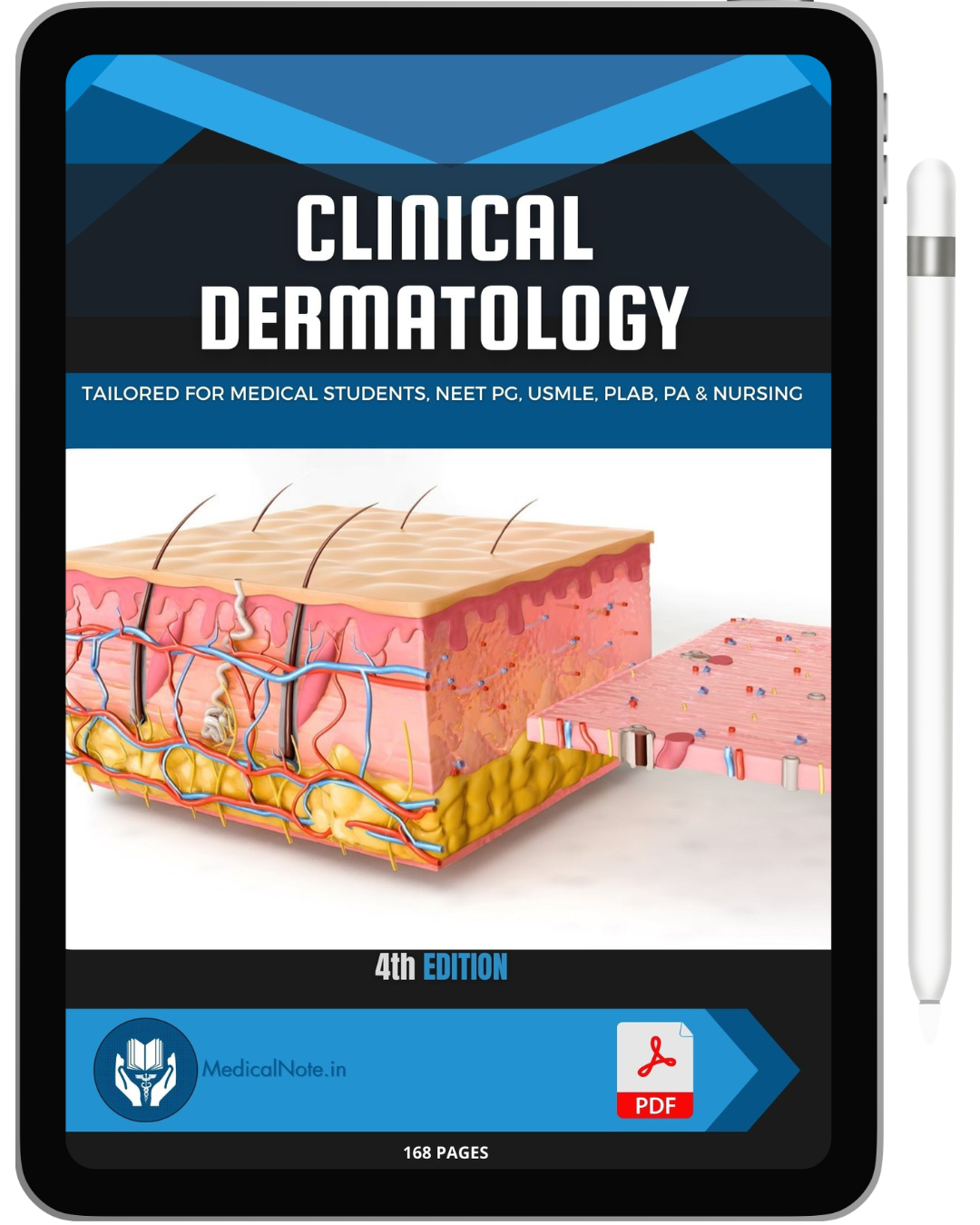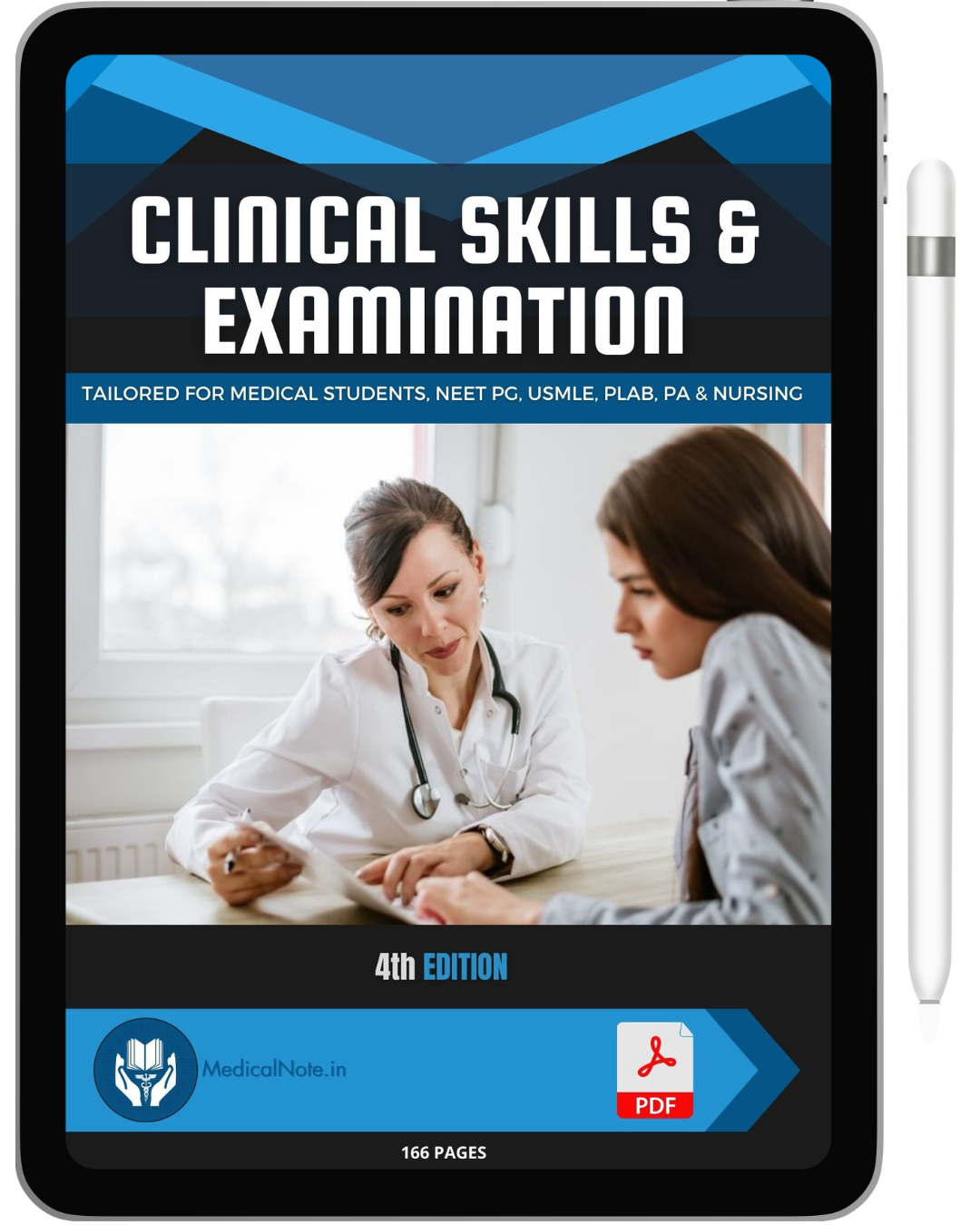Heart Disease:
- Coronary Artery Disease (CAD): Caused by the buildup of plaque in the coronary arteries, CAD can lead to chest pain (angina) and heart attacks. Symptoms include chest pain, shortness of breath, and fatigue. Treatments include lifestyle changes, medications, and surgical procedures like angioplasty and bypass surgery.
- Heart Failure: A condition where the heart cannot pump blood effectively. Symptoms include shortness of breath, swelling in the legs, and fatigue. Treatments involve medications, lifestyle changes, and devices like pacemakers.
Hypertension:
- Causes: High blood pressure can be caused by genetics, unhealthy diet, lack of exercise, and stress. Symptoms are often silent but can include headaches, dizziness, and nosebleeds.
- Treatments: Lifestyle changes (diet, exercise), medications (antihypertensives), and regular monitoring.
Arrhythmias:
- Types: Includes atrial fibrillation, ventricular tachycardia, and bradycardia. Symptoms include palpitations, dizziness, and fainting.
- Treatments: Medications, electrical cardioversion, ablation therapy, and implantable devices like pacemakers and defibrillators.
Peripheral Artery Disease (PAD):
- Causes: Caused by atherosclerosis in the peripheral arteries, leading to reduced blood flow. Symptoms include leg pain while walking, numbness, and ulcers.
- Treatments: Lifestyle changes, medications, and surgical procedures like angioplasty.
Stroke:
- Causes: Caused by a blockage (ischemic stroke) or rupture (hemorrhagic stroke) of blood vessels in the brain. Symptoms include sudden weakness, confusion, trouble speaking, and severe headache.
- Treatments: Immediate medical attention is crucial. Treatments include clot-busting drugs, surgery, and rehabilitation.
Understanding common cardiovascular disorders, their causes, symptoms, and treatments is essential for medical students and professionals. Early diagnosis and appropriate management can significantly improve outcomes for patients with these conditions. Regular cardiovascular health check-ups and a heart-healthy lifestyle are crucial for prevention and management.


